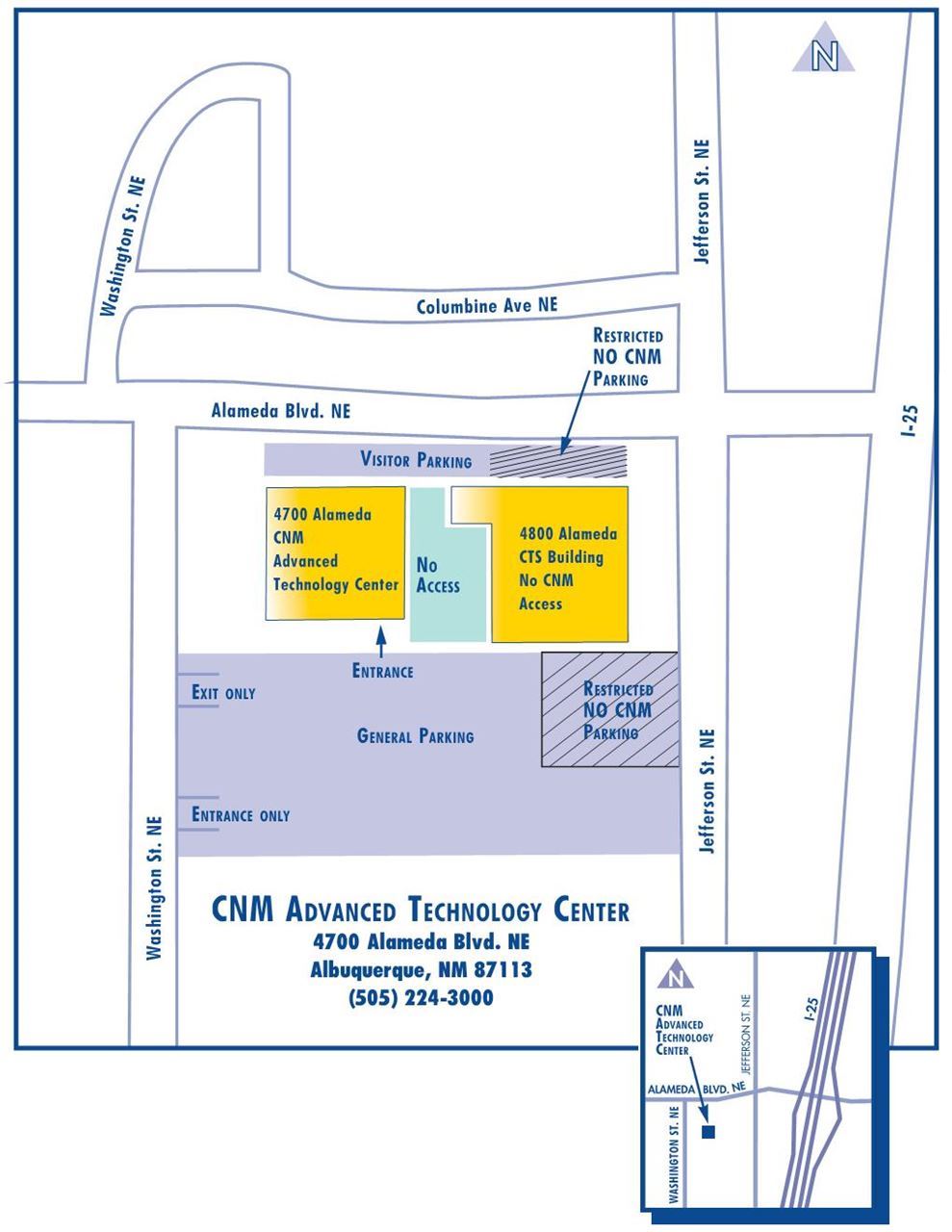Topic: Making Energy Efficiency a Reality
Earn 3 PDH's through this FREE webcast hosed by ASHRAE.
Light refreshments will be served.
https://www.ashrae.org/professional-development/ashrae-webcast
Location
CNM Advanced Technology Center, Room 108, 4700 Alameda Blvd. NE

Presentation Info
Is advanced technology alone solving the case for energy efficiency? Delivering meaningful energy efficiency in buildings often requires debunking myths about building products, performance and solutions. This webcast will focus on strategies and policies that dive into deep efficiency goals. Featured ASHRAE speakers will address myths and realities they’ve discovered through real life experiences. Viewers will learn how a practical design approach can help achieve optimum energy performance in commercial and high-rise residential buildings across the globe. With varying climates and economies, one must consider a holistic approach when assessing a building and its systems.
Speaker Bios
Tom Durkin
Recognized as an innovative and creative engineer throughout the Midwest, Tom’s designs for buildings and systems are proven to be energy-efficient and cost-effective. A nationally sought-after speaker and frequent ASHRAE author who promotes energy-smart HVAC systems, Tom has been a contributor to the U.S. Department of Energy. He designed the first “Energy Star” school HVAC system in the Midwest. In 1998, Tom presented one of his innovative systems to the United States Congress. Tom has either invented or pioneered the implementation of twelve distinct HVAC innovations, all of which save energy and reduce pollution. His work has been featured on the ABC Evening News and USA Today, and won two ASHRAE Technology Awards.
Tom oversees all aspects of the SDA mechanical design to arrive at solutions that best meet the client’s needs. Tom’s highly qualified team of engineers is committed to providing innovative engineering systems that save on operating costs, meet the budget and match the architectural design.
Mark Frankel
Mark Frankel is the Technical Director for the New Buildings Institute (NBI) which develops programs, policy, training, and research on high performance buildings and energy efficiency for organizations all over the U.S. Currently Mark is involved in national coalitions to improve building performance feedback, market adoption strategies for net zero energy, and development and implementation of innovative codes and policies focused on building performance outcome and benchmarking. Mark has been consulting on energy efficiency and sustainable design for over 25 years, and has consulted on hundreds of capital projects, ranging in scale from single and multi-family residential projects to large commercial buildings and portfolio strategies. Mr. Frankel is a LEED Fellow, and a licensed architect.
R. Christopher Mathis
From energy efficiency and code compliance to long-term durability and sustainability, Chris Mathis spent over 35 years focusing on the role of buildings and how they perform. Chris holds a Master of Science in Architecture Studies from MIT where he focused on energy use in buildings. His research career has addressed a variety of building science topics – from insulation testing, fenestration performance and effective building performance policy.
Since the early 1980s, Chris volunteered with Standards and Code development internationally. Chris worked to improve IECC, IGCC, and helped develop the US energy performance rating and labeling system for windows, doors and skylights. At ASHRAE, he has worked to help shape several ASHRAE standards such as 90.1, 90.2, and 189.1. He has published two books and numerous technical papers on a variety of building science topics. He is also an ASHRAE Distinguished Lecturer, conducting seminars worldwide on a variety of residential and commercial building performance topics.
Now, as president of Mathis Consulting Company (MC2), Chris focuses on working with strategically-aligned clients, leveraging knowledge and understanding to improve buildings, building products and the codes and standards that govern them. In this capacity, Chris provides technical input, guidance and support to code development efforts on topics ranging from local energy and green building policy to delivering on building energy performance targets.